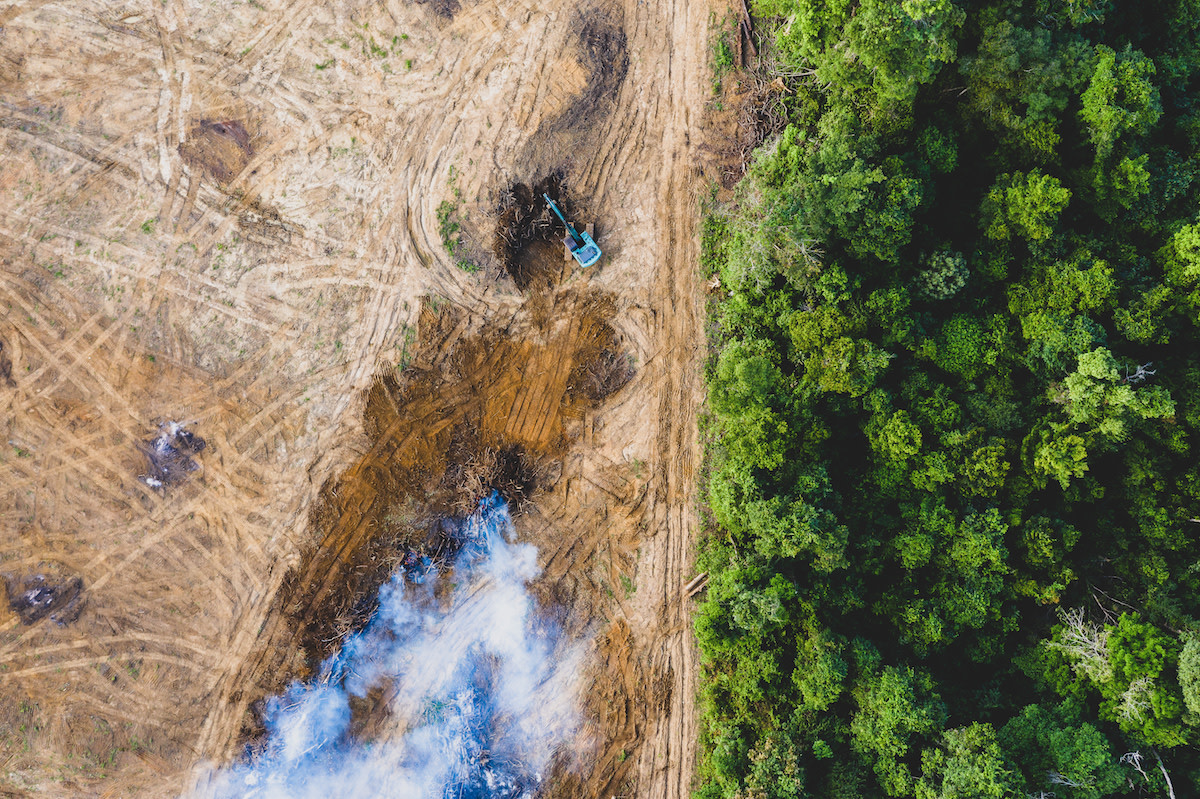Understanding the Tragedy of the Commons: Definition and Examples
Written by MasterClass
Last updated: Oct 12, 2022 • 2 min read
Broadly speaking, our society has traditionally operated under the assumption that with a bit of regulation, the human drive to act in our own self-interest will lead to healthy competition. But when it comes to shared resources, this competition can lead to a depletion of common goods and resources, resulting in a phenomenon known as the tragedy of the commons.
Learn From the Best
What Is the Tragedy of the Commons?
The tragedy of the commons is a term coined by British economist William Forster Lloyd in 1833. In a pamphlet, Lloyd illustrated a hypothetical wherein a shared resource is gradually depleted by human beings acting solely in their own interest.
Lloyd used the example of a common property (or “commons”) shared by local communities where herdsman led their cattle to graze. If each herdsman acted in an economically rational way based solely on their own wellbeing, they would each allow more than their fair share of cattle to graze on the land, thus leading to overuse. Every rational herdsman would be acting in their own best interest, but they would collectively be destroying the grazing land they all relied on.
Tragedy of the commons theory rose in the popular consciousness in the 1960s when ecologist Garrett Hardin, a professor at the University of California, Santa Barbara, delved into Lloyd’s theory in a scholarly article.
4 Examples of the Tragedy of the Commons
Examples of the tragedy of the commons can be seen throughout environmental science, especially in discussions of the causes of climate change. The original example of the tragedy of the commons had to do with overgrazing cattle on public land. Though this hypothetical is a bit dated, the principle can be easily applied to a growing human population that is depleting the earth of its natural resources. Some specific examples include:
- 1. Deforestation: Overexploitation of the earth’s forest has had enormous consequences on the environment. As a result of a lack of resource management, our forests have disappeared at a rapid rate over the last century.
- 2. Animal extinction: Overfishing and overhunting are examples of a common pool resource being depleted by individuals acting in their own self-interest.
- 3. Depletion of natural resources: When common resources are consumed with an eye towards short-term gain, the result can be a tragedy of the commons. For instance, when water is drawn from an aquifer faster than it refills, the immediate gains are undercut by the long-term danger of drought.
- 4. Climate change: Global warming is, on some level, a result of a tragedy of the commons, as governments, corporations, and individuals fail to consider the cumulative effect their actions have on our shared environment.
Want to Learn More About Economics and Business?
Get the MasterClass Annual Membership for exclusive access to video lessons taught by masters, including Paul Krugman, Chris Voss, Sara Blakely, Bob Iger, Howard Schultz, Anna Wintour, and more.
